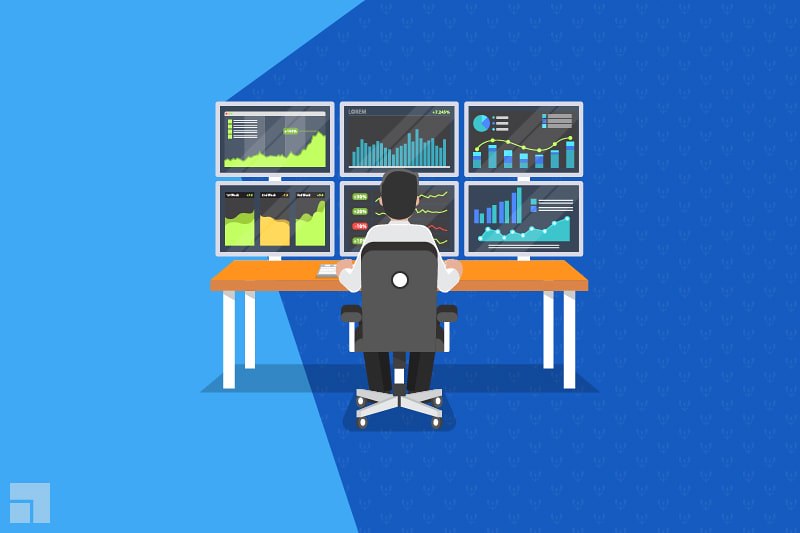Back in early 2017, we posted an article looking ahead to the job market for what was then the year ahead. In that piece, we included data analytics as an “area predicted for strong job creation,” on the grounds that more companies were beginning to “increase their advanced methodologies and adoption of Big Data practices.” As it turned out, data analytics positions were indeed in high demand — and that demand has not slowed down since. In fact, it only seems to be intensifying now, three years after that article was first put up.
To that point, late last year Dataconomy wrote that demand is exceeding supply when it comes to data scientists in today’s job market. Accordingly, publications and job market analysts have largely stopped referring to this as a potentially booming career path; instead, jobs in data analysis are now treated as some of the most reliable ones in tech, and some of the ones best positioned to impact the next decade. The simple fact is that as more companies across a wide range of different industries have begun to recognise the benefits of leveraging big data, the need to compile and analyse that data has skyrocketed. And in particular there are several significant industries that appear poised to increase demand for these positions even more.
Healthcare
It goes without saying that the healthcare industry produces an immeasurable amount of data across all kinds of categories, from patient information, to treatment specifics, to resource costs. Analysing all of this in any sort of comprehensive manner simply wasn’t possible until relatively recently though. Now, however, with greater technology and more professionals trained in data science, healthcare industries are in fact able to leverage data — and in doing so, play a significant role in boosting the data-related jobs market. Health IT Analytics discusses “value-based care” as the core reason for all of this, and it’s not a bad way to think of the rise of data science across industries: Basically, successfully leveraging data can enable hospitals and other medical institutions to provide the best care in the most efficient manner and at the lowest cost. The idea is optimal value, but this can only be brought about with a virtual army of people trained in the gathering, analysis, and presentation of data.
Digital Marketing
Marketing is one industry that is constantly evolving, and which has gradually come to involve more tech-driven practices. For the most part though, those practices have essentially involved fairly ordinary technologies, such as social media, app development and the like. Only in recent year has big data really begun to play a significant role. Now, however, big data is considered to be an invaluable aspect of a sufficient digital marketing effort. Ayima explains the use of data essentially as the foundation for a strategy. It is used to establish a firm understanding of a company’s brand, market, and audience, which in turn is used to customise a marketing campaign that will be more likely to reach targeted consumers in effective ways. As this approach becomes the industry norm, there’s a virtually limitless need for data professionals in digital marketing.
Financial Services
Of the industries discussed here, financial services is the one in which data has perhaps been most useful for the longest time. After all, it’s nothing new to suggest that financial services businesses — in banking, investment, insurance, and even accounting — are numbers-driven by nature. What’s happened in this case though is that the breadth of our capability and sophistication in analysing vast amounts of financial data has improved. As a result, financial services industries are by now heavily reliant on data professionals, and figure to remain so for the foreseeable future.
Logistics
The logistics industry covers a lot of ground, and a lot of the changes that have come about in recent years concern the automation of various important processes. However, data scientists come into play as well. In exploring some of the changes in the logistics industry, Forbes explored where analytics come into play and identified several key areas — notably, transportation optimisation, route planning, inventory management, and equipment maintenance. In all of these areas, modern technology is producing unprecedented data that can be analysed in a way that significantly improves efficiency, saves costs, and reduces waste across entire supply chains.
There are many more industries beyond these that have an ever-increasing need for talented data analysts. These four, however which are active around the world and influence tens of thousands of companies, show quite clearly why in many ways, data analysts are poised to shape the coming decade.






